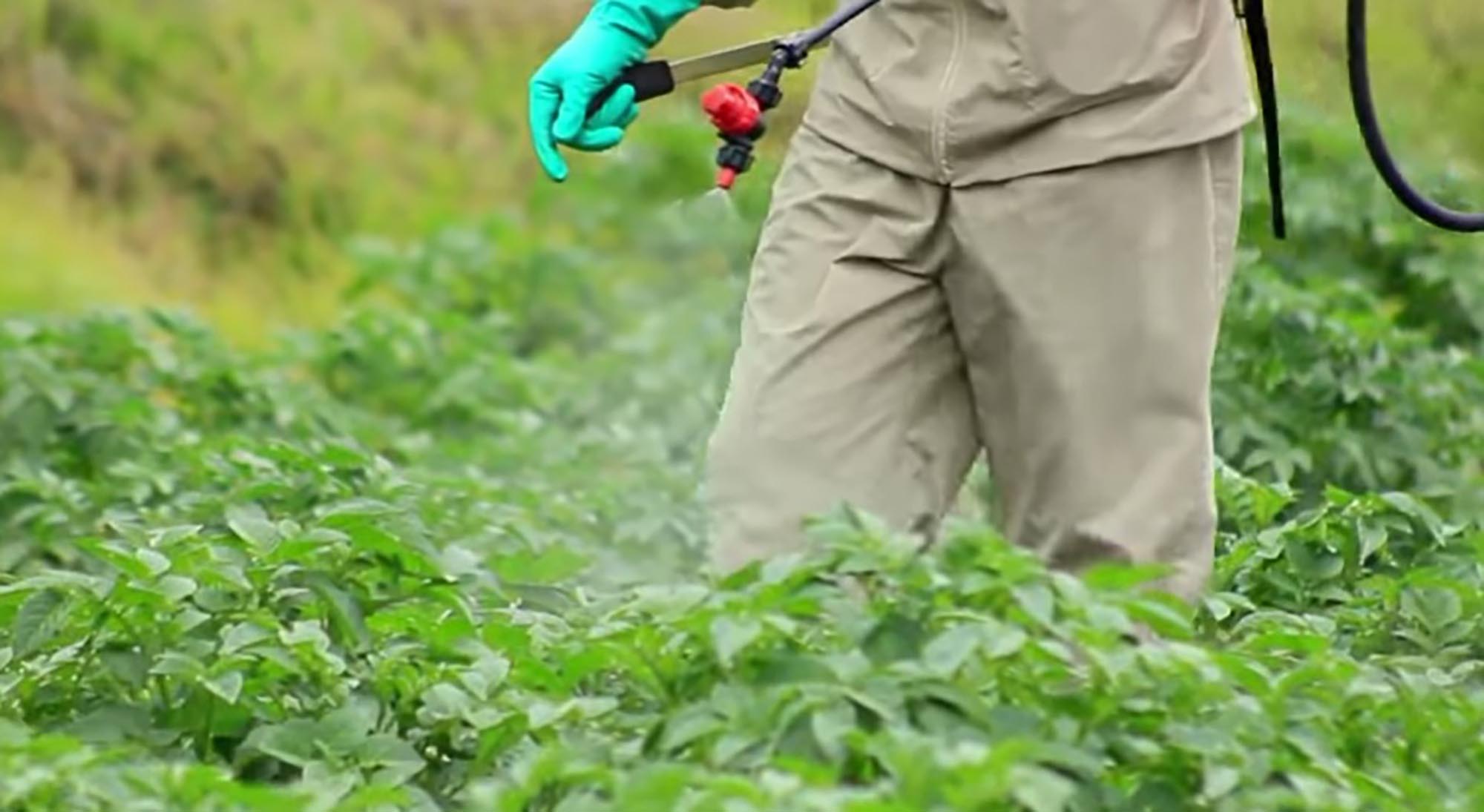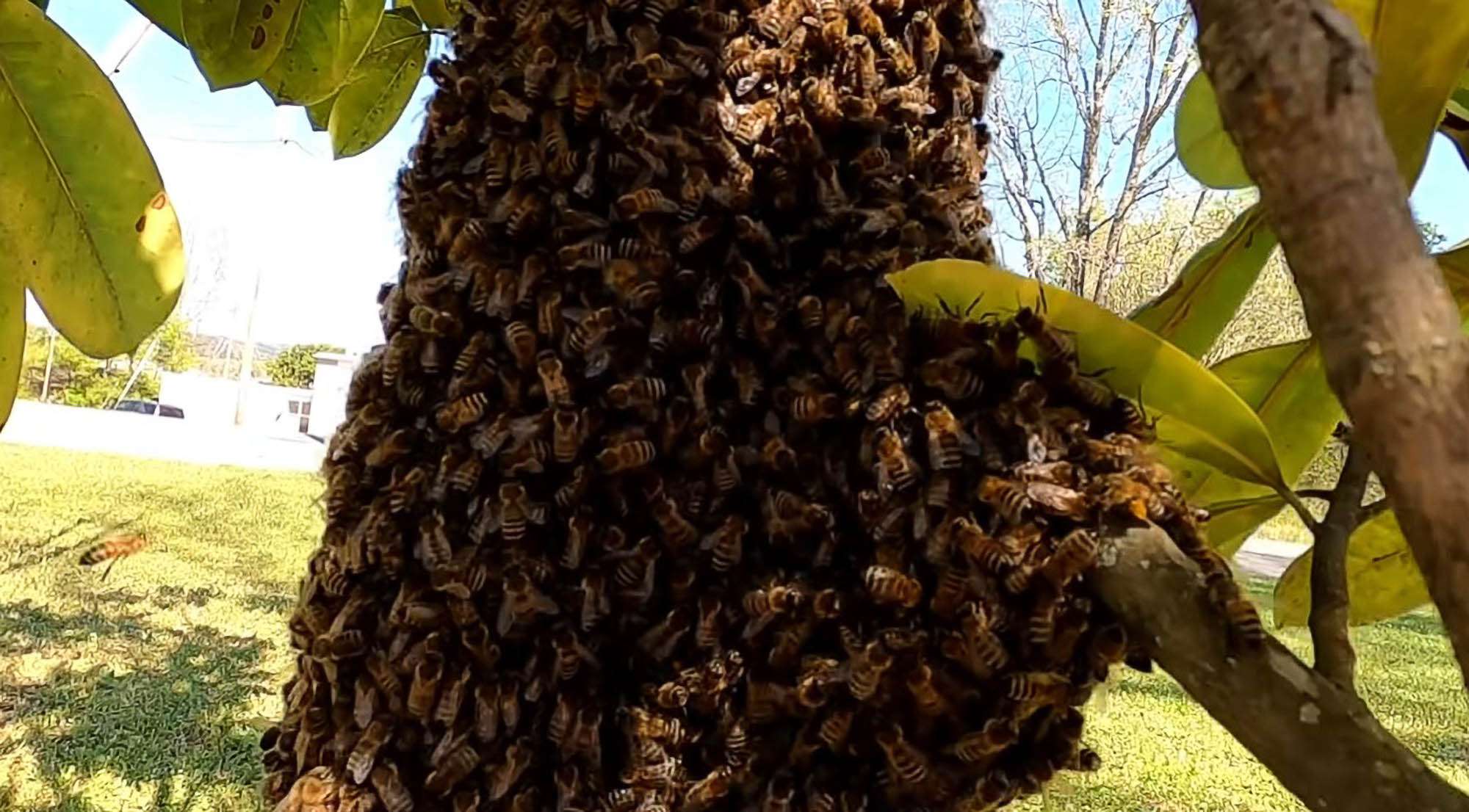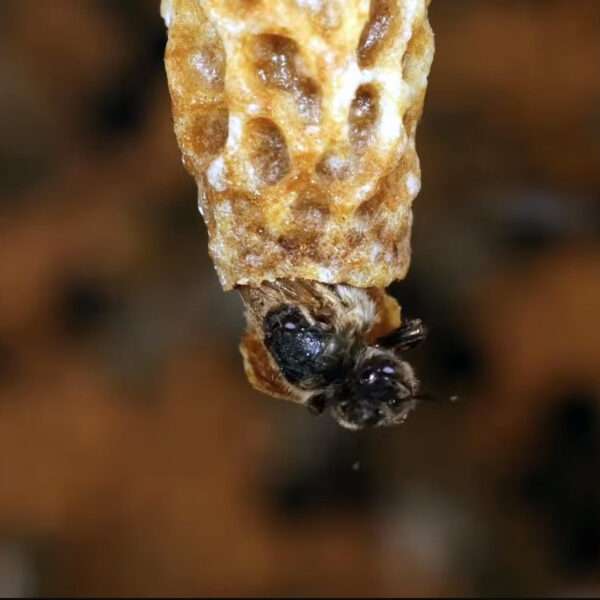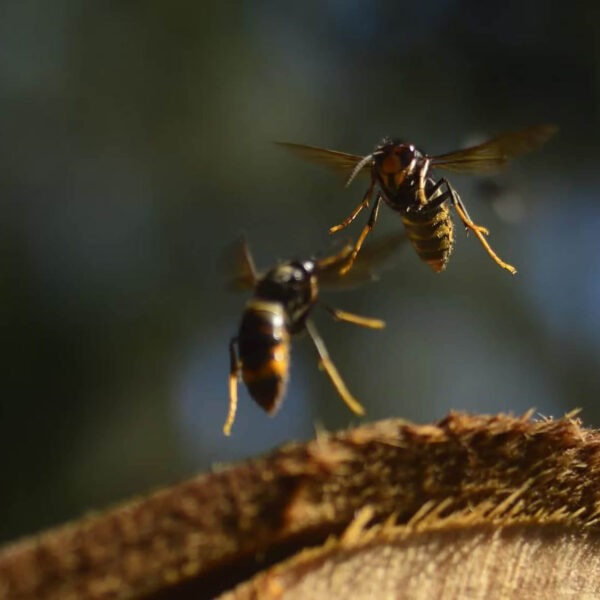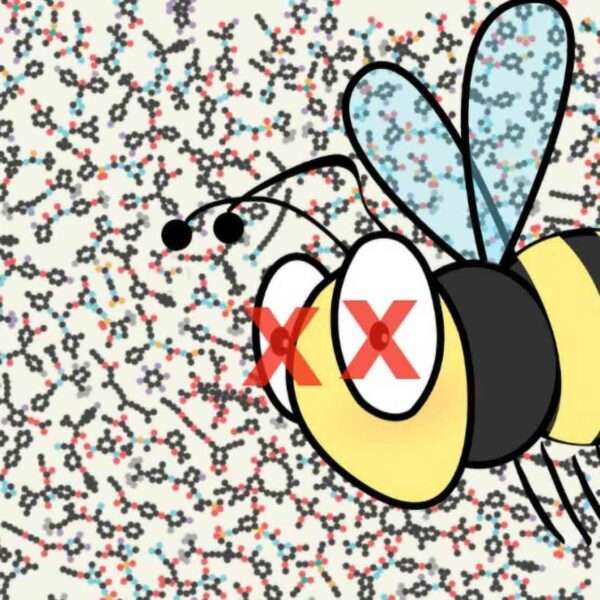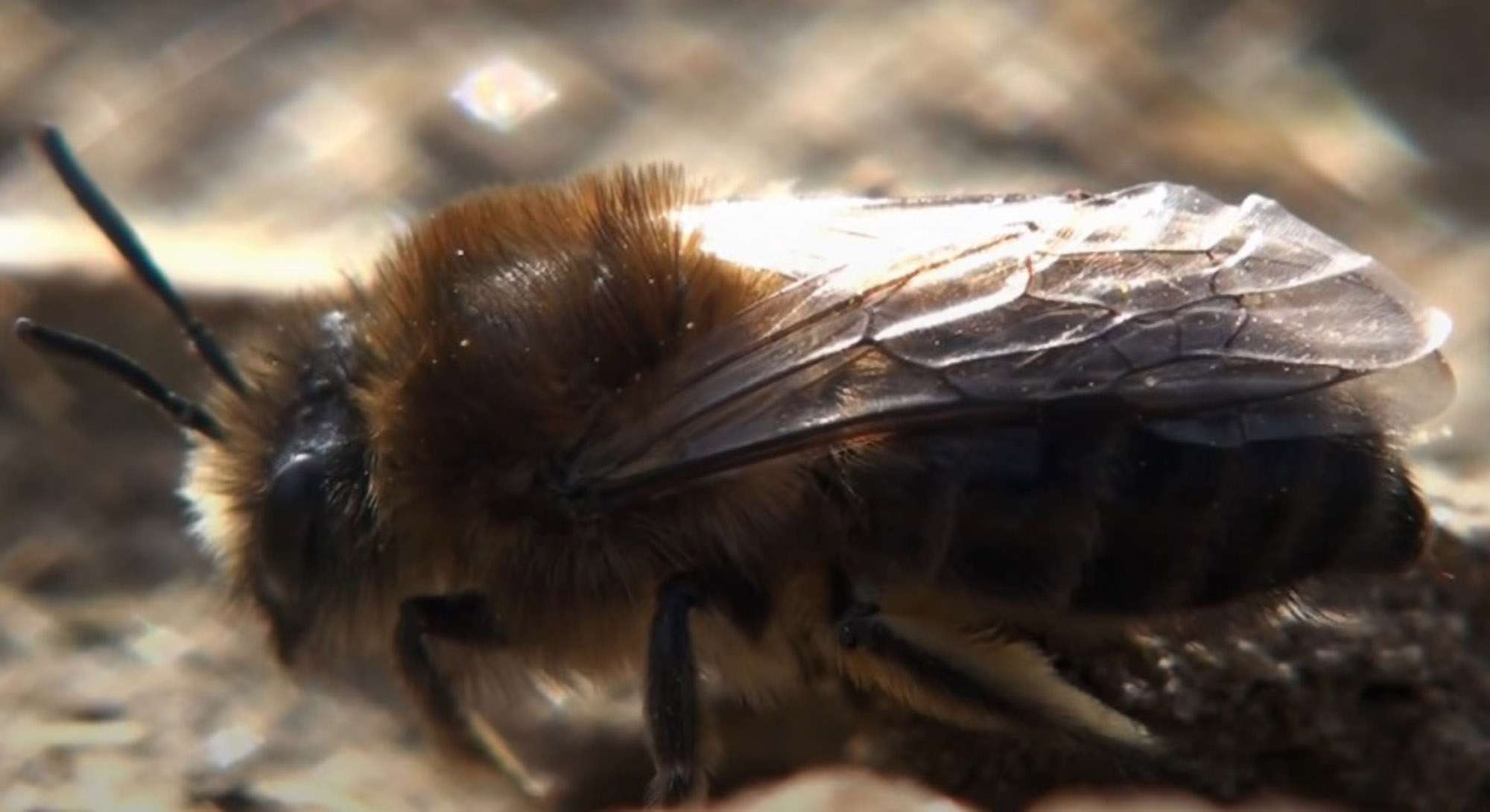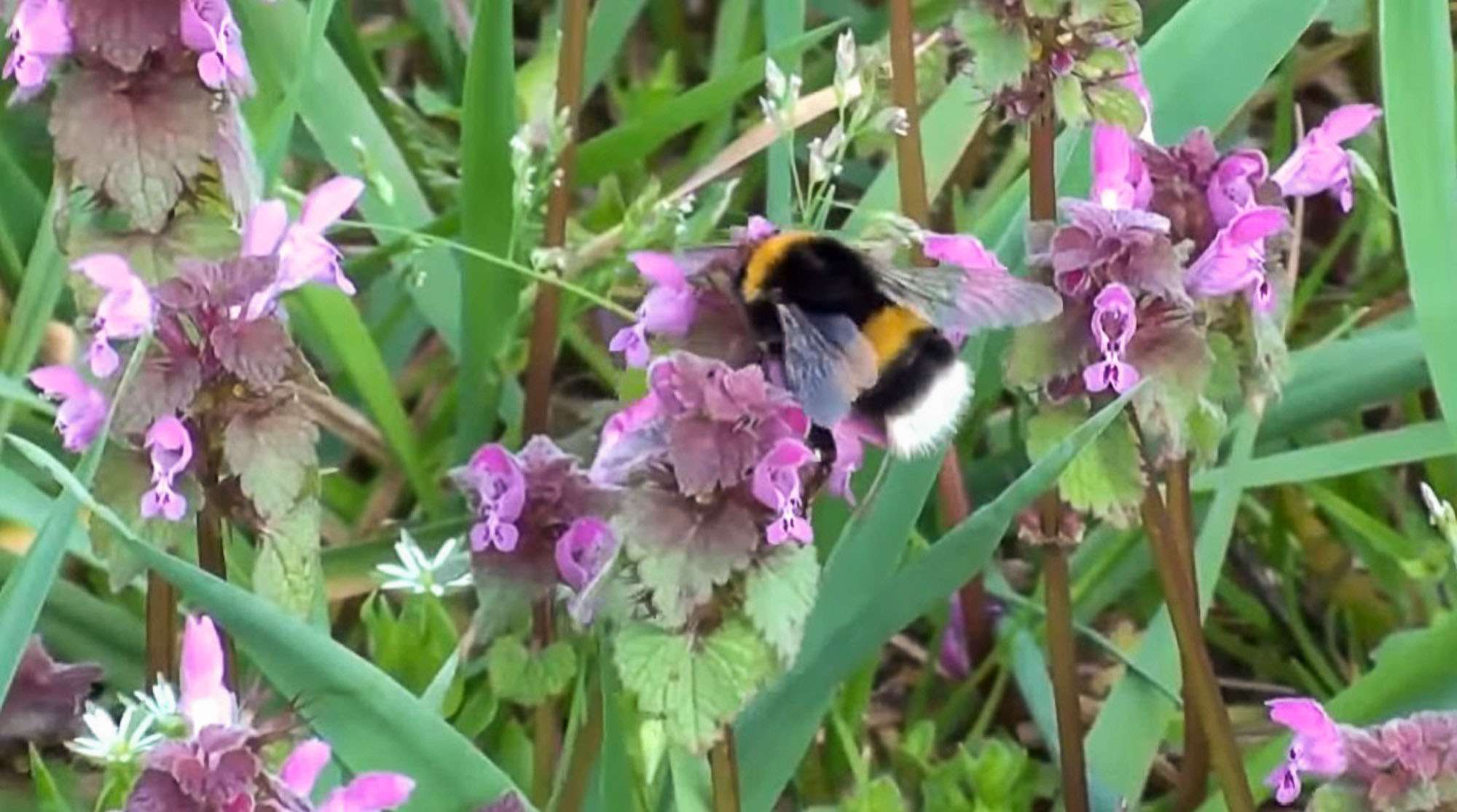US appeals court judges have ruled that the classification of a substance environmentalists have branded as “extremely toxic” must be reviewed to ensure the protection of endangered species.
Senior United States Circuit Judge David Tatel told the Environmental Protection Agency (EPA) it had to determine the safeness of cyantraniliprole by September 2023. The agency will also have to issue status reports every 60 days.
Tatel – who is a member of the US Court of Appeals for the District of Columbia Circuit – criticised the EPA for having a “fraught relationship” with the Endangered Species Act of 1973, a law that came into effect to ensure the protection of threatened animals.
The EPA is an independent executive agency of the US federal government. It was established in 1970.
Cyantraniliprole is a ryanoid-class insecticide. The application of ryanoids – which interact with ryanodine receptors which are a type of calcium channel – results in a loss of muscle function leading to paralysis and death.
The controversial substance is commonly used to protect blueberry bushes and citrus trees from insects such as the Asian citrus psyllid.
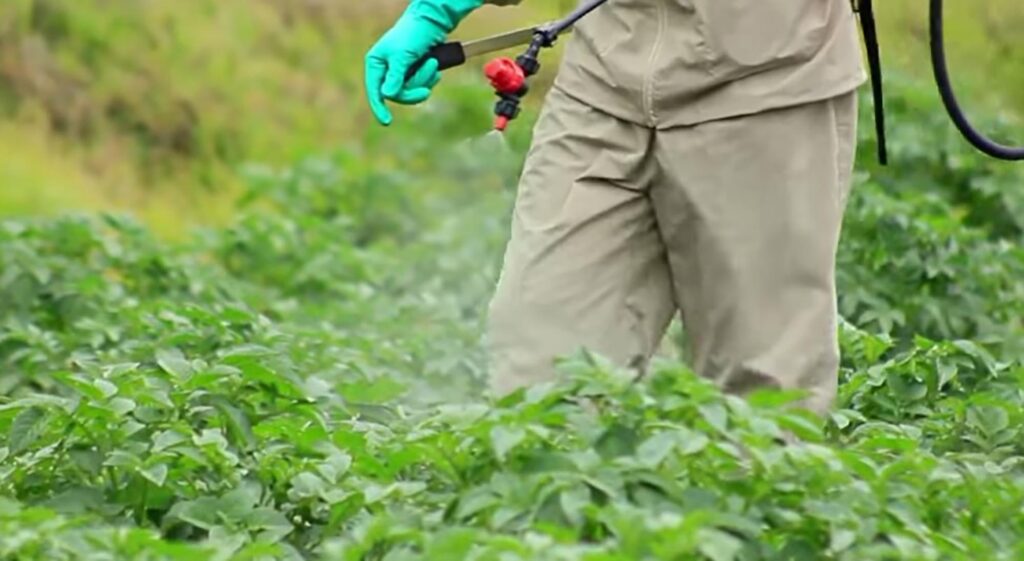
In 2015, Dr Axel Dinter and Alan Samel carried out a study to find out more about the potential risk the substance was posing to bees. The ecotoxicologists concluded: “No increased honeybee mortality was determined in the oral acute toxicity test at maximum water solubility level of cyantraniliprole indicating a low risk potential for bees via systemic plant exposure routes.”
The EPA classified cyantraniliprole as having “reduced risk.” The agency has been criticised for failing to consider the substance’s effects on protected plants and animals before approving it.
American organisations for the protection of the environment assume that the application of cyantraniliprole was one of the reasons for the recently observed decline in honeybee populations.
Stephanie Parent is a senior attorney at the Center for Biological Diversity, a non-profit organisation headquartered in Tucson, Arizona.
Ms Parent – who has been a co-counsel in the case – announced: “We’re pleased the court ordered the EPA to protect endangered bees and other wildlife from this extremely toxic insecticide.”
George Kimbrell from the Center for Food Safety in Washington, D.C. was also pleased with the verdict.
Mr Kimbrell – who has been a co-petitioner in the case – said: “Today’s decision is a vital victory for endangered species and the planet. As EPA has proven over and over with pesticides, the only way the agency will do its job is when forced by a court.”

